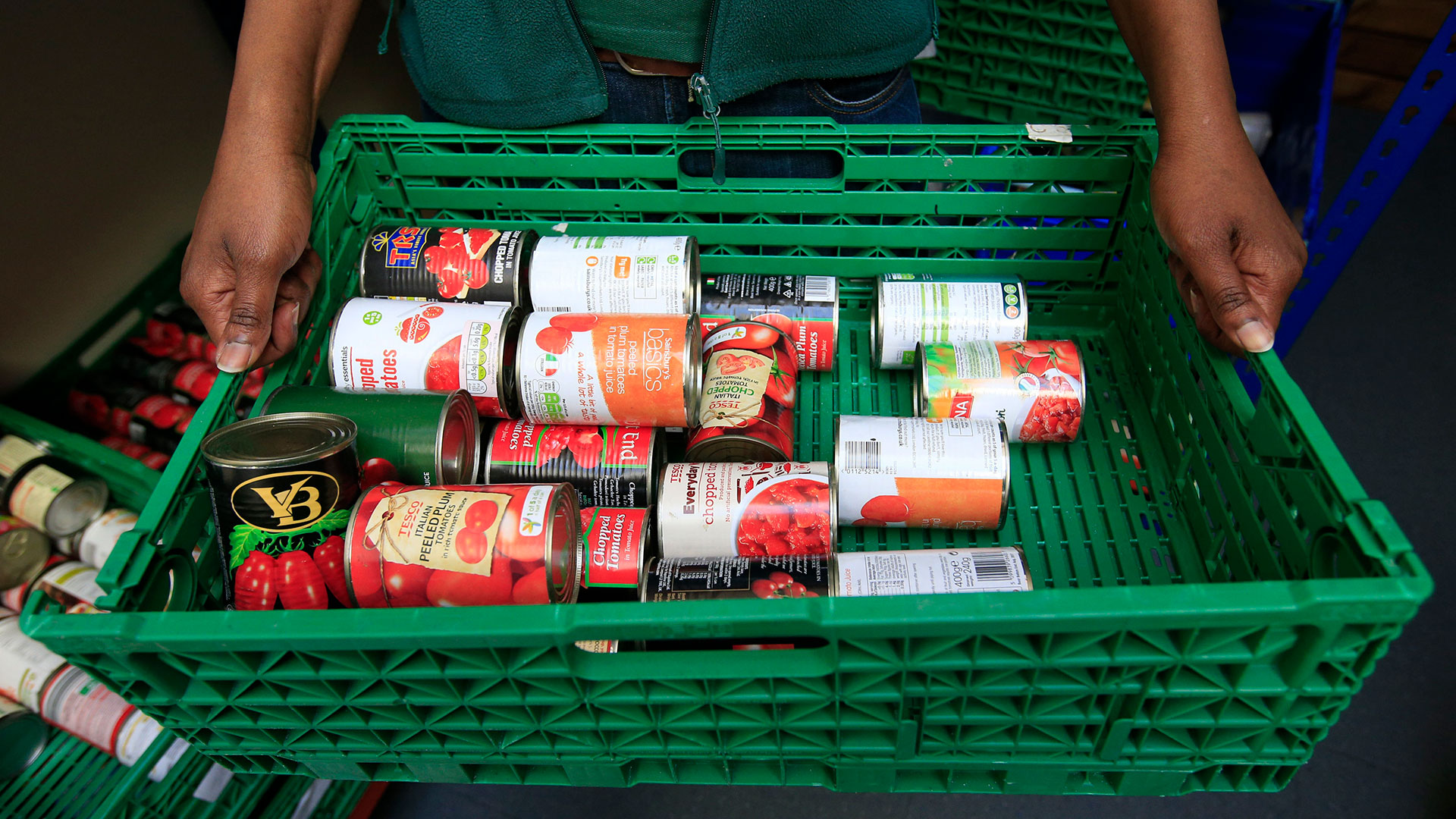A healthy, balanced diet is difficult to fit into any lifestyle, even more so for those who are homeless. People sofa surfing, in supported accommodation or rough sleeping can be affected by hunger and malnutrition, preventing them moving on with their life.
Isabel Rice is a dietician who works for homelessness charity Centrepoint. She says that food insecurity is on the rise.
“We did a survey in 2017 and more than 60 per cent [of clients] said they go to bed hungry or skip meals because of a lack of money. In the current climate with universal credit and benefit issues it’s happening more and more.
“Hunger has a knock-on effect on everything else. If you’re malnourished you can’t function properly. We see a lot of nutritional deficiencies, particularly vitamin D and iron deficiency, which leads to tiredness, low mood, depression – on top of the fact that everyone we work with has been through some kind of trauma.
“We also know that worrying about food and being hungry has a negative impact on mental health. It’s a cycle. Anything you’re trying to do – get someone into education or work, or support them with substance issues – if they’re in a place where they’re not healthy it puts them at a massive disadvantage.”
There are several reason homeless people struggle with eating properly, besides the economics. Some are anxious to go into shops where they can feel under constant observation. They often lack the time, place to cook and the skills to do so. Rice works with many young people who were brought up without ever having a homemade meal.





